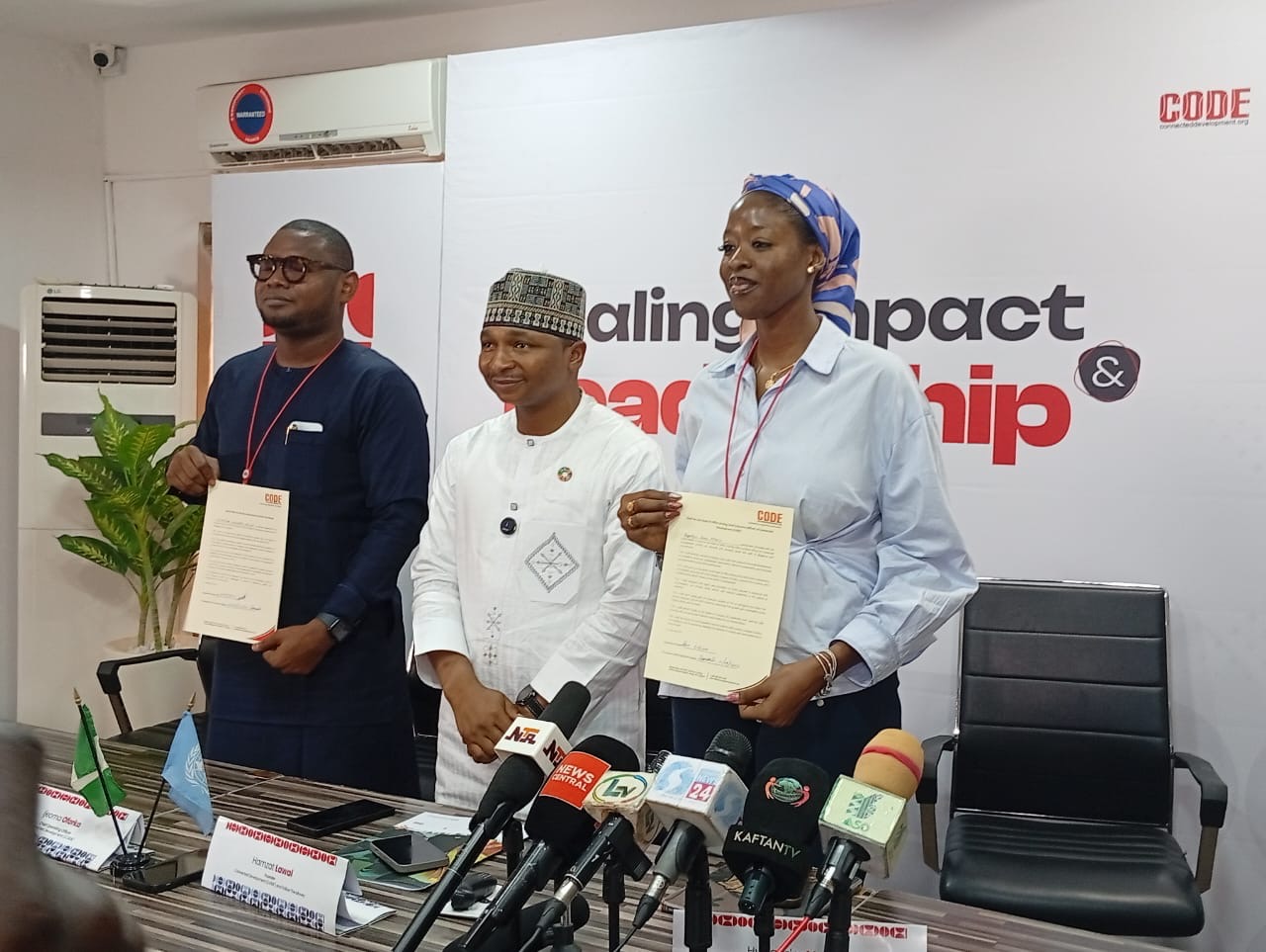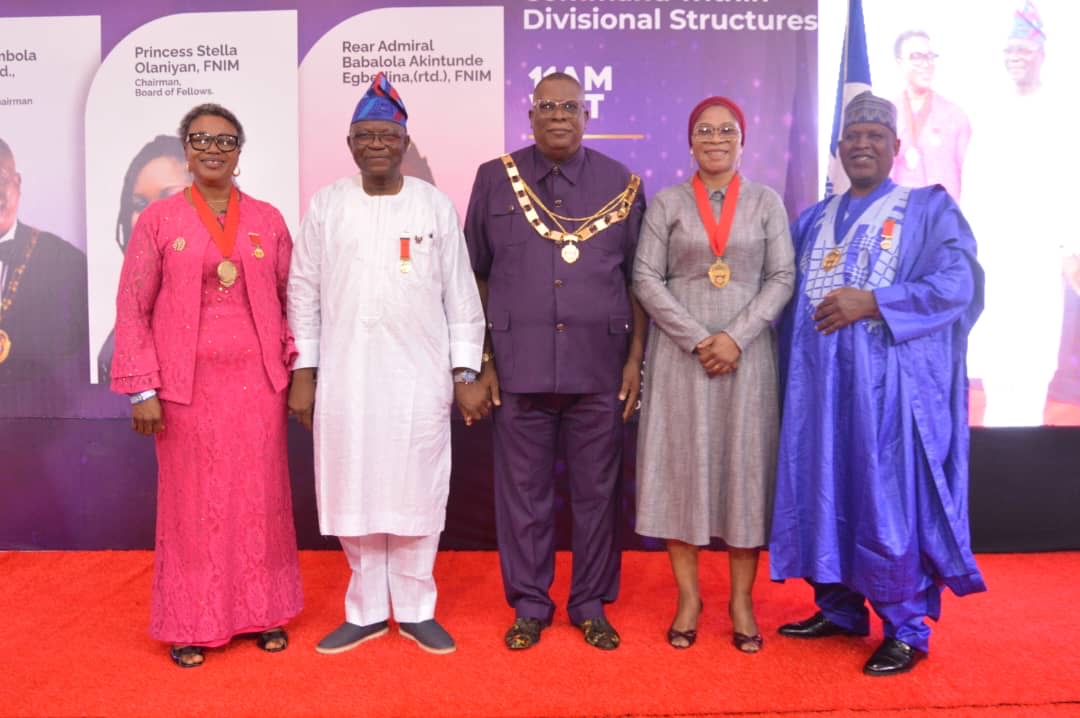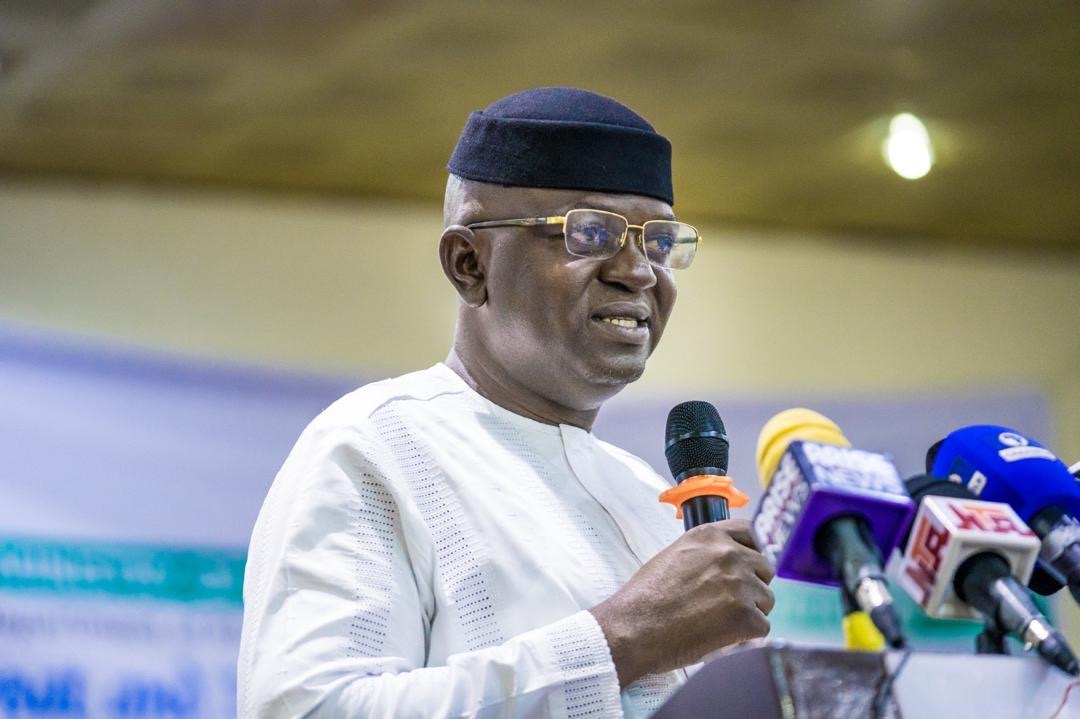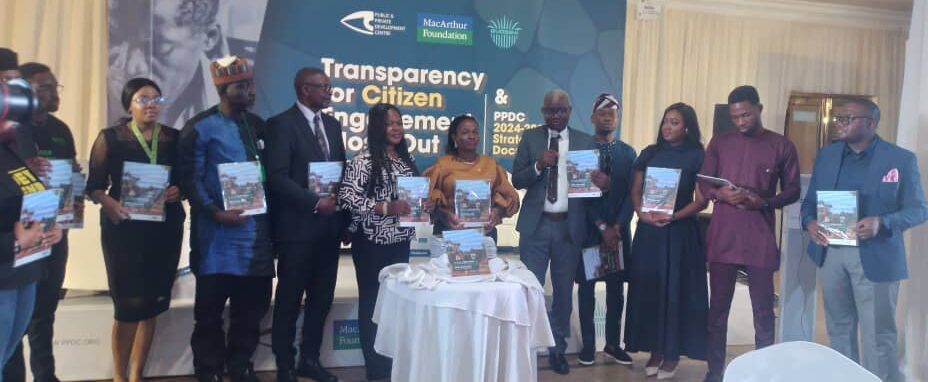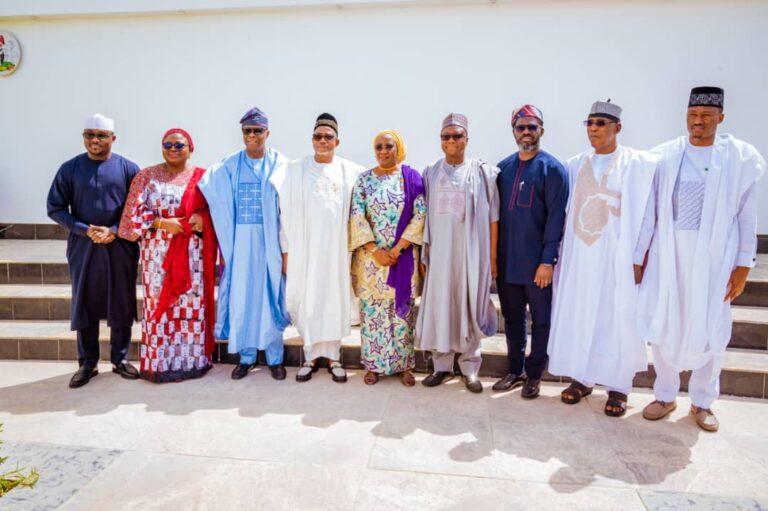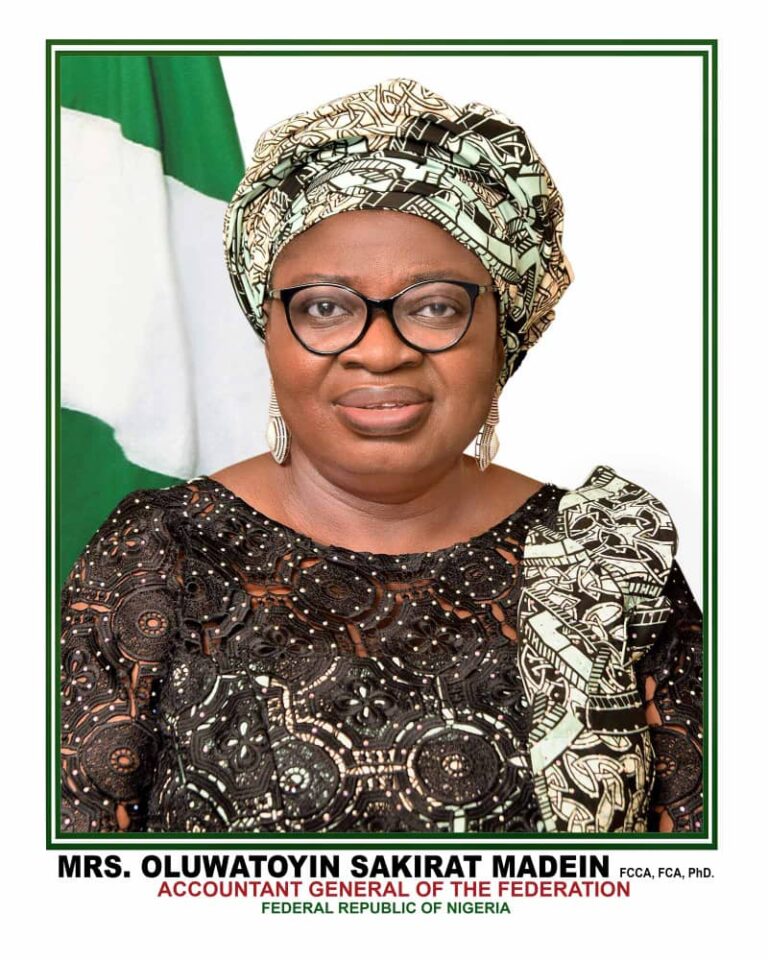CTA calls on Nigerians to leverage FOIA for greater government accountability
FOIA
By Naomi Sharang
The Centre for Transparency Advocacy (CTA), has called on Nigerians to take advantage of the Freedom of Information Act (FOIA) as a tool to demand accountability and transparency from government institutions.
The Executive Director of CTA, Mrs Faith Nwadishi, made the call on Thursday in Abuja, during the closing session of the Strengthening Accountability and Governance in Nigeria Initiative (SAGNI) project.
Nwadishi noted that the FOIA remains a potent weapon in Nigeria’s fight against corruption and must be continuously deployed by citizens, civil society organisations and the media to ensure that leaders remain accountable to the people.
“The Freedom of Information Act 2011 is a powerful instrument in our arsenal against corruption. By leveraging FOIA, we can promote transparency and hold leaders accountable,” she said.
Launched in October 2024, the SAGNI project was designed to enhance the implementation of the FOIA, increase public awareness and build institutional capacity at both national and sub-national levels.
Over the past 12 months, Nwadishi said that CTA carried out multilingual media campaigns, radio programmes, theatre-for-development documentaries, and distributed simplified FOI handbooks to demystify the Act and bring it closer to ordinary citizens.
According to Nwadishi, SAGNI recorded modest but significant achievements, including capacity-building workshops for civil society organisations, journalists, community-based groups, women’s associations and persons with disabilities.
She highlighted the April 2025 Supreme Court ruling which clarified jurisdictional ambiguities around the FOI Act as a watershed moment that further strengthens the obligation of state governments to comply with FOI provisions.
“The FOIA is here with us, let us use it and fight corruption even when corruption fights back, we must not surrender as victory will surely come,” she declared.
In his goodwill message, the Edo State Attorney-General and Commissioner for Justice, Mr Samson Osagie, said that the SAGNI project has enhanced the capacity of the state to improve service delivery to citizens.
He noted that Edo remains committed to open governance, stressing that Gov. Monday Okpebholo’s administration will continue to champion transparency and accountability.
“Our commitment is to ensure that the gains of the SAGNI project are not lost but sustained.
“Let us carry forward the spirit of this initiative to build stronger institutions, promote transparency and secure a better future for our state and for Nigeria,” Osagie said.
Also speaking, the Anambra Attorney-General and Commissioner for Justice, Prof. Sylvia Ifemeje said that the SAGNI campaign has laid the foundation for a more opened and responsible civil service.
Represented by the Solicitor General and Permanent Secretary, Ngozi Iwouno, the Attorney-General noted that the state government is committed to ensuring that secrecy has no place in the state public service.
She said, “We recognise that while the FOI Act provides the legal framework for citizens to access public information, its true impact is determined by its domestication and implementation at the sub-national level.
“We are working to institutionise FOI compliance across all our MDAs. This includes providing targeted trainings to public officials on the importance of proactive disclosure and the legal consequences of wrongful denial of information.
“We are working to change the mindsets from one of secrecy to one of service, demonstrating that transparency is not a threat but a shield that protects public trust and integrity.”
She expressed confidence that with continued collaboration, Nigeria will build a society where citizens have the information, they need to hold their leaders accountable and participate fully in the democratic process.
The News Agency of Nigeria (NAN) reports that the project was implemented in the Federal Capital Territory (FCT), Anambra and Edo with support from the Rule of Law and Anti-Corruption (RoLAC), a programme funded by the European Union through International IDEA.(NAN)(www.nannews.ng)
Edited by Francis Onyeukwu




